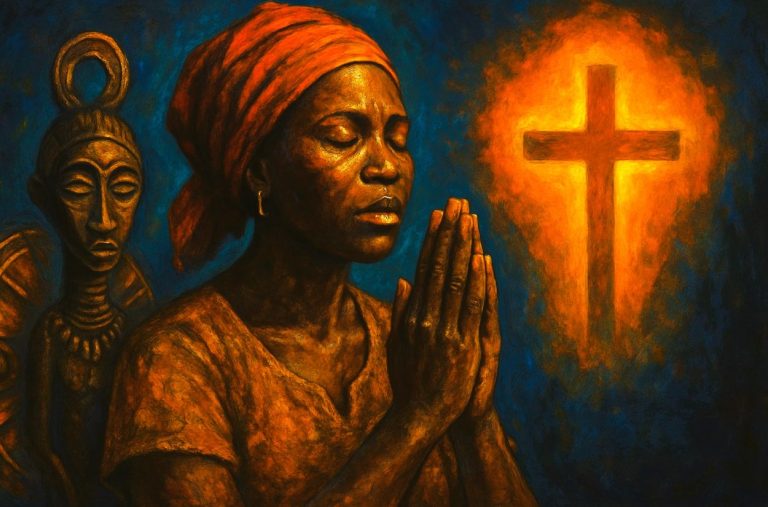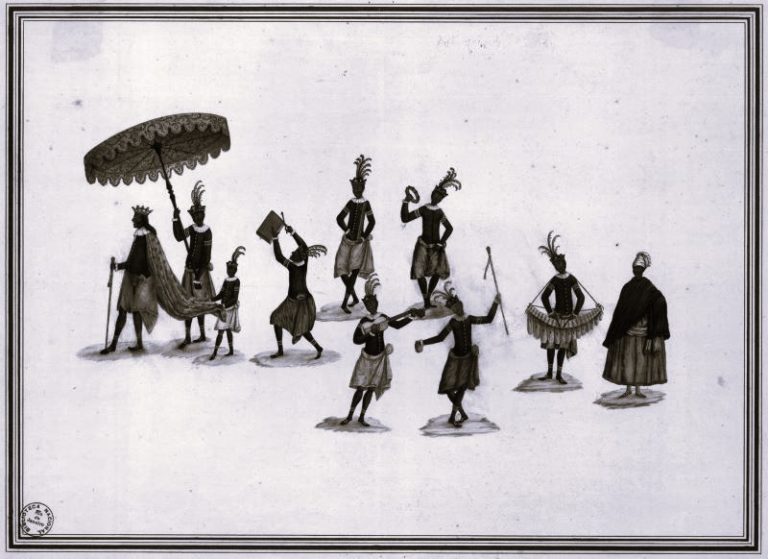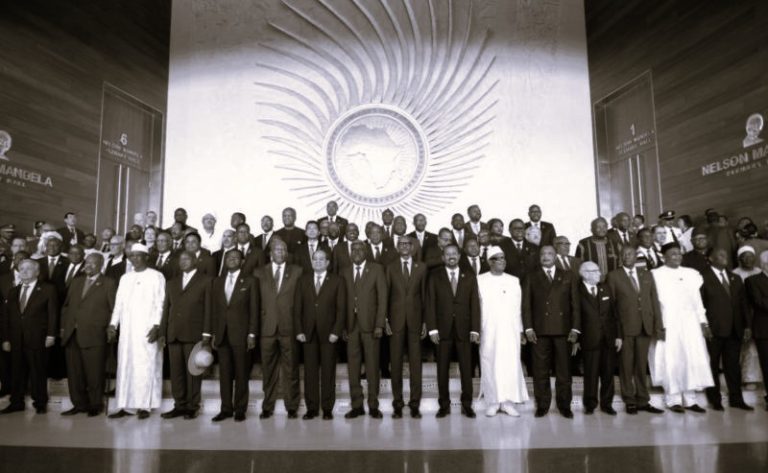

Democracy can’t survive if it can’t deliver results.

By Dr. Alex DeWaal
Research Professor, Tufts University
Executive Director, World Peace Foundation
An uninterrupted swath of African countries from the Atlantic Ocean to the Red Sea is now under military rule. Mali, Guinea, Chad, Sudan, Burkina Faso and, most recently, Niger. Some of the putschists deposed elected leaders, like Niger’s president, Mohamed Bazoum. Others forestalled elections or even overthrew the leaders they had installed.
This is more than a series of distant and regrettable events. It’s a sign that a large part of the continent — mostly in an area south of the Sahara known as the Sahel — has fallen off the path of building functioning states. It raises an unsettling question that affects the whole world: How can poor and insecure countries forge political order and give their citizens the confidence that democratic government can deliver what they need?
Up to now, officials in Washington, Brussels, London and Addis Ababa, where the African Union is headquartered, have responded to each successive military takeover as its own crisis. Some observers see conspiracies in Moscow or terrorist networks at work, but in truth Russia’s Wagner Group and local jihadis are just opportunists. In each country recently taken over by generals, corruption had hollowed out civil administration and undermined politicians’ credibility, while soldiers have been empowered by foreign patrons wanting military bases, cooperation against terrorism and control of migration.
Democracy can’t survive if it can’t deliver results. Like the rest of the world, Africans want jobs, affordable food and housing, quality education and health care. They want peace and security and the chance to set the course of their own nations’ future without being told what they can and cannot do by foreign powers. Throughout much of Africa, citizens also overwhelmingly want democracy, but they get frustrated when elected leaders don’t deliver. When people do welcome a coup, it’s often because they see it as the path to a better elected government.
READ ENTIRE ARTICLE AT THE NEW YORK TIMES


